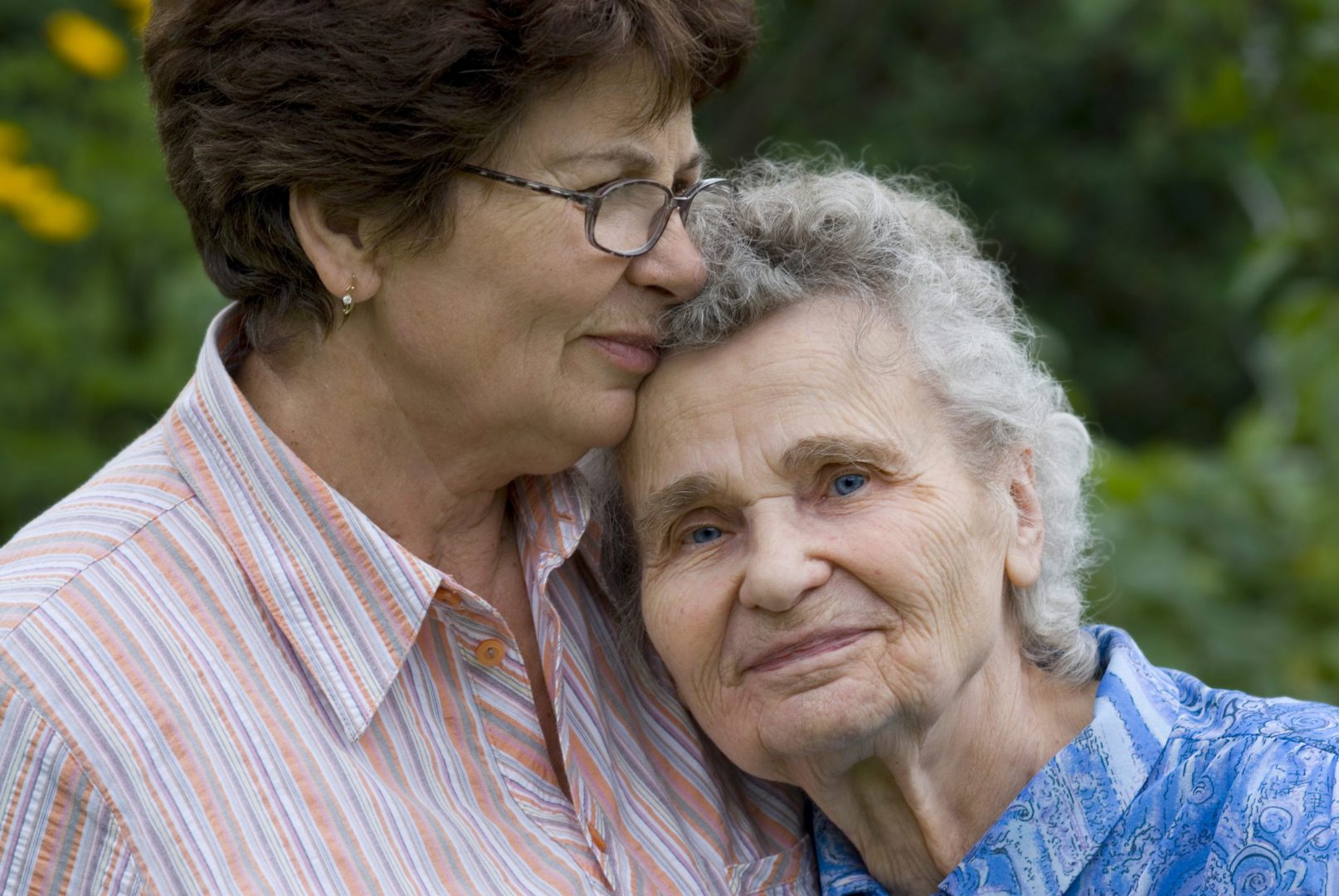When it comes to caregiving, one size does not fit all. Caregivers come of all ages, genders, income levels, and ethnicities and the people they care for are just as diverse. They are their parents, grandparents, siblings, aunts, uncles, spouses, and children.
Most caregivers provide care out of love and a sense of responsibility. But, taking on the responsibility of someone else’s affairs, providing household and personal care tasks, administering medications, and coordinating medical appointments and other services – all of these are time-consuming, challenging tasks. In addition, the COVID-19 pandemic added to the complexity of caregiving given the stay-at-home requirements, school closures, reduced access to health care services, and the vulnerability of care recipients who were at higher risk for the severe effects of the disease. And, caregiving is expensive.
According to research conducted by AARP, family caregivers spend an average of $7,500 in annual out-of-pocket expenses on caregiving. Other research reports that one in three workers have quit a job or reduced their work hours because of the responsibilities of caregiving. This can be a huge strain on caregivers – 75 percent of which are women, and many are still raising families of their own or are planning and saving for their own
retirement. But, there could be help on the horizon.
Senators Joni Ernst (R-Iowa), Michael Bennet (D-Colo.), Shelley Moore Capito (R-W.Va.) and Elizabeth Warren (D-Mass.), and House by Representative Linda Sánchez (D-Calif.) are leading a bipartisan effort to provide working family caregivers with a tax credit of up to $5,000 to assist with out-of-pocket caregiving expenses. The Credit for Caring Act would provide relief for those who are taking on added financial responsibilities as family caregivers supporting a loved one. The non-refundable tax credit could be used toward expenses such as transportation, home modifications to accommodate a family member, medication management services, technology, and training or education for the caregiver.
According to a public opinion poll conducted by AARP, adults age 50 and over overwhelmingly support this legislation. AARP is now working with lawmakers in both parties, and in both chambers, to pass the Credit for Caring Act, and has launched a media campaign to draw attention to the legislation.
Boston Senior Home Care will provide updates on this legislation in future articles as it becomes available.
